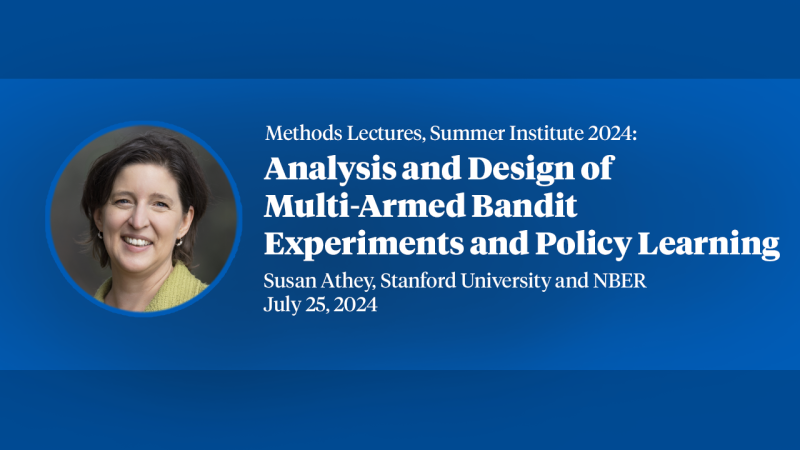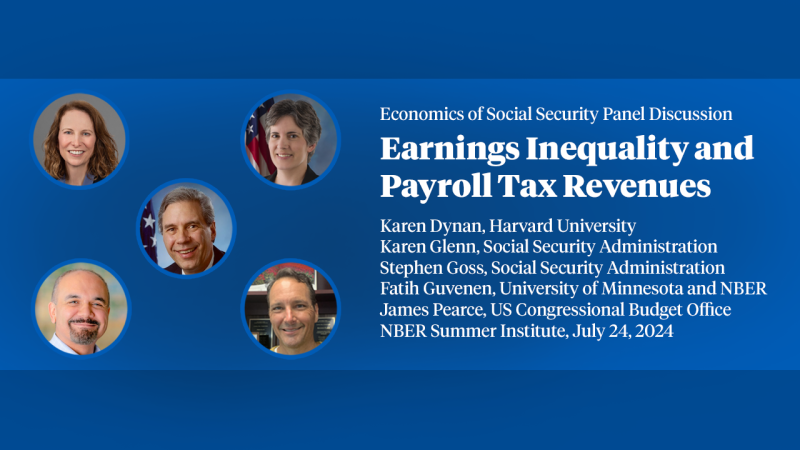Household Production and the Excess Sensitivity of Consumption to Current Income
Empirical research on the permanent income hypothesis (PIH) has found that consumption growth is excessively sensitive to predictable changes in income. This finding is interpreted as strong evidence against the PIH. We propose an explanation for apparent excess sensitivity that is based on a quantitative equilibrium version of Becker's (1965) model of household production in which permanent income consumers respond to shifts in sectoral wages and prices by substituting work effort and consumption across home and market sectors. Although the PIH is true, this mechanism generates apparent excess sensitivity because market consumption responds to predictable income growth.
Published Versions
American Economic Review, Vol. 89, no. 5 (September 1999): 902-920. citation courtesy of ![]()


